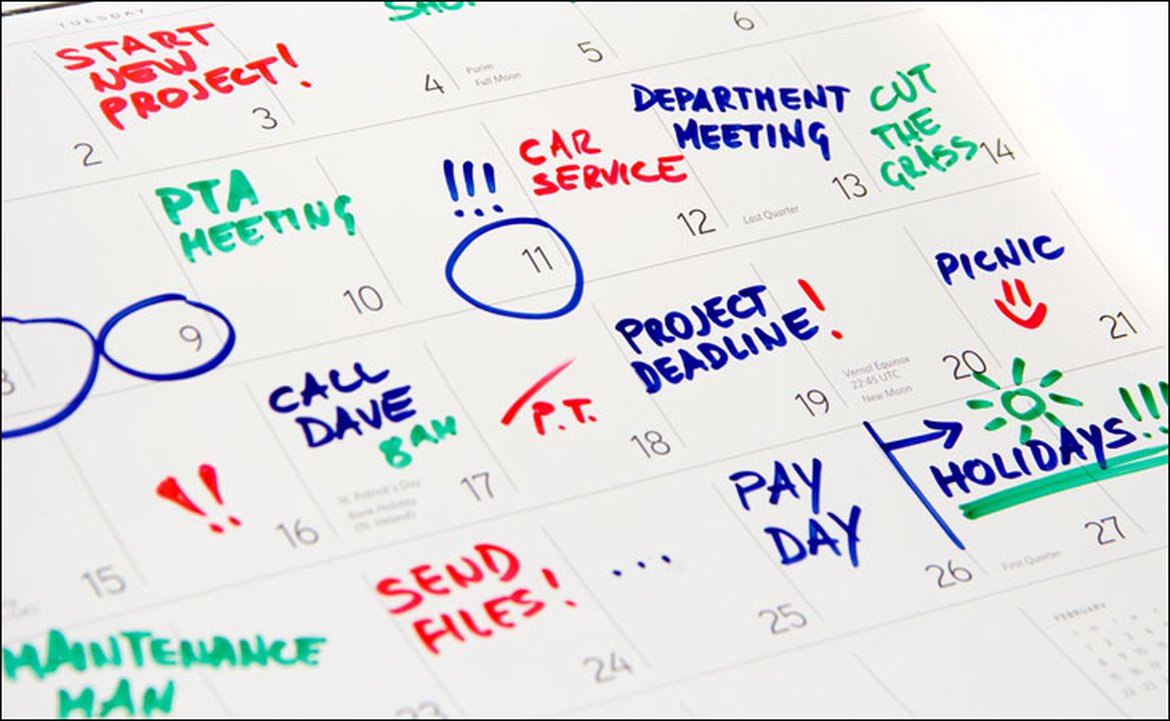Just Say No!
Nov. 30, 2020

OK, I'll fess up. I've always had a hard time saying no.
I won't bore you with the psychological analysis. It's too deep. Suffice it to say that it's probably one part a desire to be helpful (yes, I can do that!), one part fomo (fear of missing out) and one part star-sign related (I'm a Capricorn). See, it's deep. And scientific.
Richard, on the other hand — my oh-so-wise partner — rarely, if ever, faces this conundrum. His mother once told me that even as a child, from the age of three, say, he was very clear about what he would and would not do. No drama. No tantrums. Just steadfast and determined. I wish!
But, apparently, it is Richard who is the outlier, not me. When I Googled "How to say no", I got 3,460,000,000 results. For the numerically-challenged, that’s over 3 billion! To put that in perspective, if you said no every second for the next 100 years, you still wouldn't reach 3 billion.
I used to think saying no was strictly about productivity, but when I came across a post from Grammarly, the online writing assistant, I realized it's also a communications issue.
- Saying no is part of defining the overall scope of every project: What are we agreeing to do? What are we not doing?
- Saying no helps to manage expectations — about timelines and deliverables. We will produce the report by December 30 (not December 15), and it will be 20 pages (not 40).
- And the ability to say no — effectively, diplomatically — is often what distinguishes the communication style of great leaders from that of lesser lights. As Warren Buffet has said, “Successful people say no to almost everything.”
The pandemic has made it more important than ever that we learn to say no. For many professionals, COVID-19 has blurred the lines between work and everything else. It's proving difficult for many of us working from home to do anything but work. What's to stop you from saying yes to a meeting at 6 pm on a Saturday when you have nowhere else to go?
Since saying no is not second nature for me, I'm finding it helpful to rely on a script. The following lines come from a list developed by management consultants Rosemary Tator and Alesia Latson, authors of More Time for You: A Powerful System to Organize Your Work and Get Things Done. I haven't read their book (couldn't say no to some other stuff) so I can't vouch for the system, but I do like these suggestions. They're clear, honest and direct and, if need be, they leave the door open to saying yes —just not right now.
5 ways to say no:
- I'm sorry but I really can't give that project the attention it deserves.
- I'd like to help but I have other projects I'm committed to finishing before I take on anything else.
- Thank you for asking me. This really isn't my strong suit. How about I connect you with someone who can do it.
- I can't do that right now. But I can do it tomorrow (or next week or next month).
- Let me think about that. I'll get back to you.
I especially like #5 because, of course, it gives you time and space to assess whether you can or want to take on the request. Maybe you don't need to say no after all.
Remember this:
Saying no is a skill, not an art. And like all good communications, practice makes perfect.
